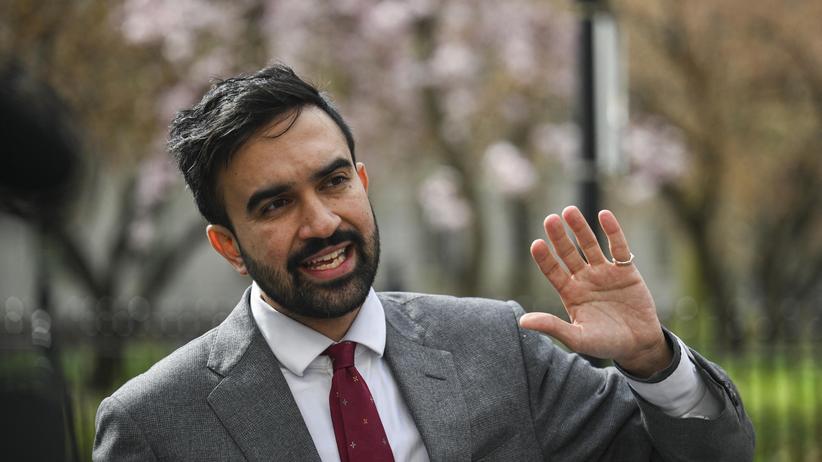Understanding the Impact of Mahmood Mamdani

The Importance of Mahmood Mamdani
Mahmood Mamdani, a prominent scholar and intellectual, has significantly shaped discussions in political thought and social sciences over the past few decades. His work, particularly in understanding colonialism’s legacies and the complexities of identity, has resonated widely, urging a re-examination of historical narratives and their implications on contemporary society.
Recent Contributions
Mamdani, a Ugandan academic who has held professorships at both Makerere University and Columbia University, recently published a pivotal article discussing the challenges of identity politics in modern governance. His analysis sheds light on how these factors influence state policies, particularly in post-colonial contexts. His argument centres on the need to move beyond binary classifications of identity and engage with the nuances that define individual and group affiliations. This perspective is crucial in today’s geopolitical climate, where diverse identities often clash amidst escalating nationalism.
Engagement with Current Events
In light of recent global events, including growing movements calling for racial justice and systemic transformations, Mamdani’s insights offer a refined understanding of how history informs contemporary struggles. His critiques prompt policymakers and scholars alike to reconsider the frameworks within which they approach governance and social justice. Moreover, he advocates for interdisciplinary dialogue, emphasising that solutions to entrenched societal issues must span across various fields of study.
Conclusion: The Road Ahead
As the world continues to grapple with the implications of identity and historical injustice, Mahmood Mamdani’s work remains increasingly relevant. His emphasis on the necessity of understanding historical context in shaping policy responses is a call to action for both academics and practitioners. Looking forward, Mamdani’s scholarship may inspire future generations to engage more critically with societal constructs and foster a deeper understanding of the interactions between past and present events. As discussions evolve, his contributions will undoubtedly play a vital role in shaping the discourse around governance, identity, and justice.









